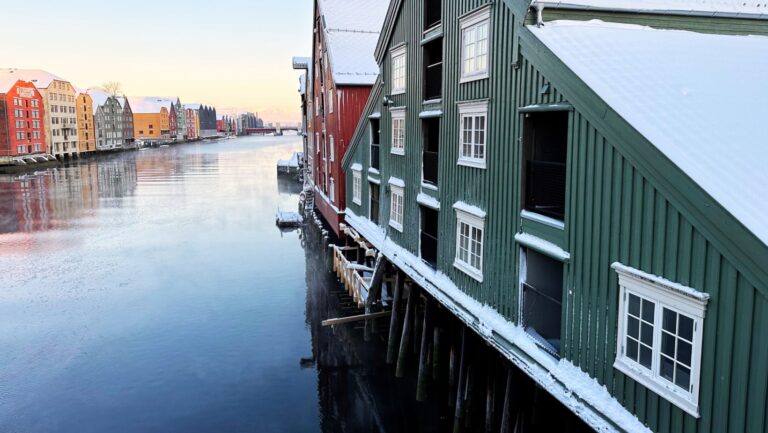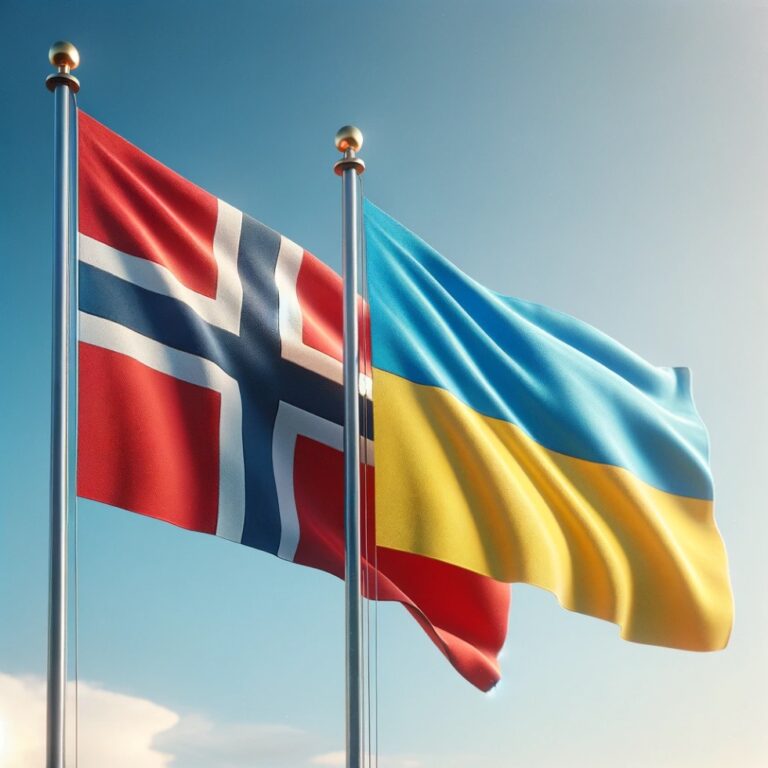From local government reorganisations to online shopping becoming more expensive, there’s plenty that changes about life in Norway during 2024. Here’s what you need to know about the biggest differences.
Every year, Norwegian residents have to get used to some changes in everyday life. Many of these are because of changes announced in the annual budget, while others are because of a change in the law.

Even if you read Norwegain fluently, it can be difficult to keep track of everything that’s set to change. So, we’ve done our best to pull together all the information about what’s new for those of us living in Norway in 2024.
Changes to Norwegian Counties
Following the generally unpopular changes to Norway’s counties in 2020, several changes will be introduced from January, reverting to how things were before the 2020 change.
The county Troms og Finnmark will be split back into two separate counties: Troms and Finnmark. Meanwhile, the controversial Viken county will also be split up into its three former counties: Buskerud, Akershus, and Østfold.
Not all county changes are being reversed, though. Trøndelag will stay as one county, as will Vestland, and Agder. As of January 2024, these are the counties of Norway.
Police services are also being restructured, with ten new police stations set to open in 2024. Although the decison will boost police presence in rural areas, the police itself are among those opposed to the move. They say that more officers and resources will be required to maintain the new locations.
Online Shopping Duty Changes
Starting 1st January, Norway will abolish the customs exemption for purchases under 350 kroner from foreign online stores not enrolled in its VAT on E-commerce (VOEC) scheme.

Previously, items below 350 kroner were exempt from import duties and customs clearance. The change mandates VAT and customs duties on all imports, regardless of value, to “enhance competition” between Norwegian and foreign online stores.
The change had actually already been made, but it wasn't being enforced. Non-VOEC foreign stores can join the VOEC scheme for simplified customs processing, avoiding additional duties and delays.
Norwegian shoppers can consult the Norwegian Tax Administration's VOEC registry or use the Norwegian Customs Authority’s import calculator to estimate total costs including VAT and customs. However, this calculator doesn't include carrier customs clearance fees.
Higher Child Support, Cheaper Kindergarten Places
Known as barnetrygden, Norway’s monthly child support payments for all children (paid regardless of families’ economic situation) will increase by NOK 2,400 a year. This was an agreement made in the recent state budget negotiations after pressure from the Socialist Left (SV) party.
Starting August 2024, Norway will significantly reduce kindergarten fees. The new maximum monthly fee will be 2,000 kroner, with a lower cap of 1,500 kroner in rural areas.
Discounts apply for siblings: the second child gets a reduced rate, and from the third child onwards, kindergarten is free if attending the same facility simultaneously. That means families will pay a maximum of 3,400 kroner per month for kindergarten, excluding additional costs like food.
More War Refugees from Ukraine
The war in Ukraine has driven the number of people seeking asylum in Norway to record levels.

That trend is set to continue over the coming year, with Norwegian municipalities set to settle a record number of refugees next year.
“The war in Ukraine is a brutal war that drives many people to flee. Some of them have already arrived here, but we must prepare for more coming in the next few years,” says Labor and Inclusion Minister Tonje Brenna to NRK.
“We will ask the municipalities to do even more of what they have been very good at, namely settling and integrating Ukrainians in a good way,” she continues.
A Year in the Cultural Spotlight
Northern Norway is set for a cultural and tourist boost like never before in 2024, as Bodø becomes a European Capital of Culture. There’s a packed program of cultural events covering both Bodø city and the entire Nordland county.
Among the 1,000 cultural events planned, Bodø 2024 will emphasize Arctic culture, including Sámi lifestyle and the interplay between land and ocean.
Program highlights include an opening ceremony on a floating stage in Bodø harbour, and a Sámi theatre trilogy highlighting human-animal relationships and perspectives on climate change.
‘Pure Music' concert aims for sustainable standards, while the Kjerringøy Land Art Biennale (KLAB) in July will feature Nordic and international land art. The program also explores themes of light and dark, with events like ‘Midsummer Mischief' and ‘Nordland by Light,' a light festival promoting dark sky tourism.
Coastal Ferry in Daily Service
For much of 2023, the famous Norwegian coastal ferry had gaps in its traditional schedule of daily departures. With all four Havila vessels now in operation, the coastal route is opreating at full capacity once again.
This means that throughout 2024, there should be a departure every single day of the week from Bergen. The full 11-night route is shared by Hurtigruten (seven departures) and Havila (four departure).

